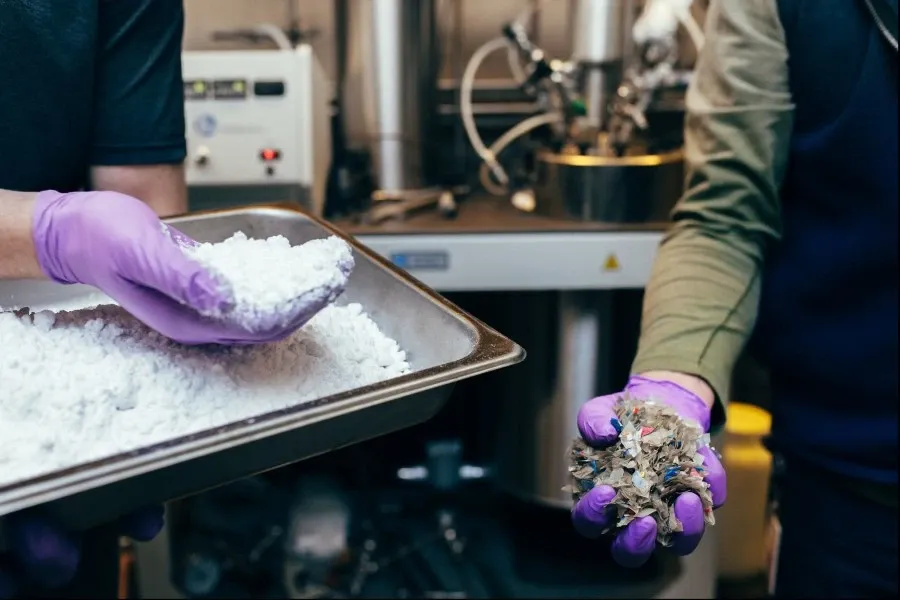Qualcomm Announces Snapdragon 8 Gen 5 Platform
Qualcomm added its latest smartphone platform to its premium-tier Snapdragon range.

IBM researchers have created a new technology called VolCat, a catalytic chemical process that can turn PET, a type of plastic commonly used in food packaging and polyester clothing, into a renewable resource. The cost-effective and sustainable innovation is capable of breathing new life into old plastic.
Currently, more than 272 million metric tons of plastic is produced each year around the globe, with one-quarter of that made up of PET. VolCat aims to use a precise combination of chemicals, heat and pressure to reduce this amount of plastic, and ultimately the amount of waste, produced. This could completely transform the way we discard and manufacture plastic in the next five years.
In five years, the disposal of trash and the creation of new plastics will be completely transformed. Everything from milk cartons to cookie containers to grocery bags and cheese cloths will be recyclable, and polyester manufacturing companies will be able to take in refuse and turn it into something useful. This transition will be powered by innovations like VolCat, a catalytic chemical process that digests polyesters into a substance that can be fed directly back into plastic manufacturing machines in order to make new products.